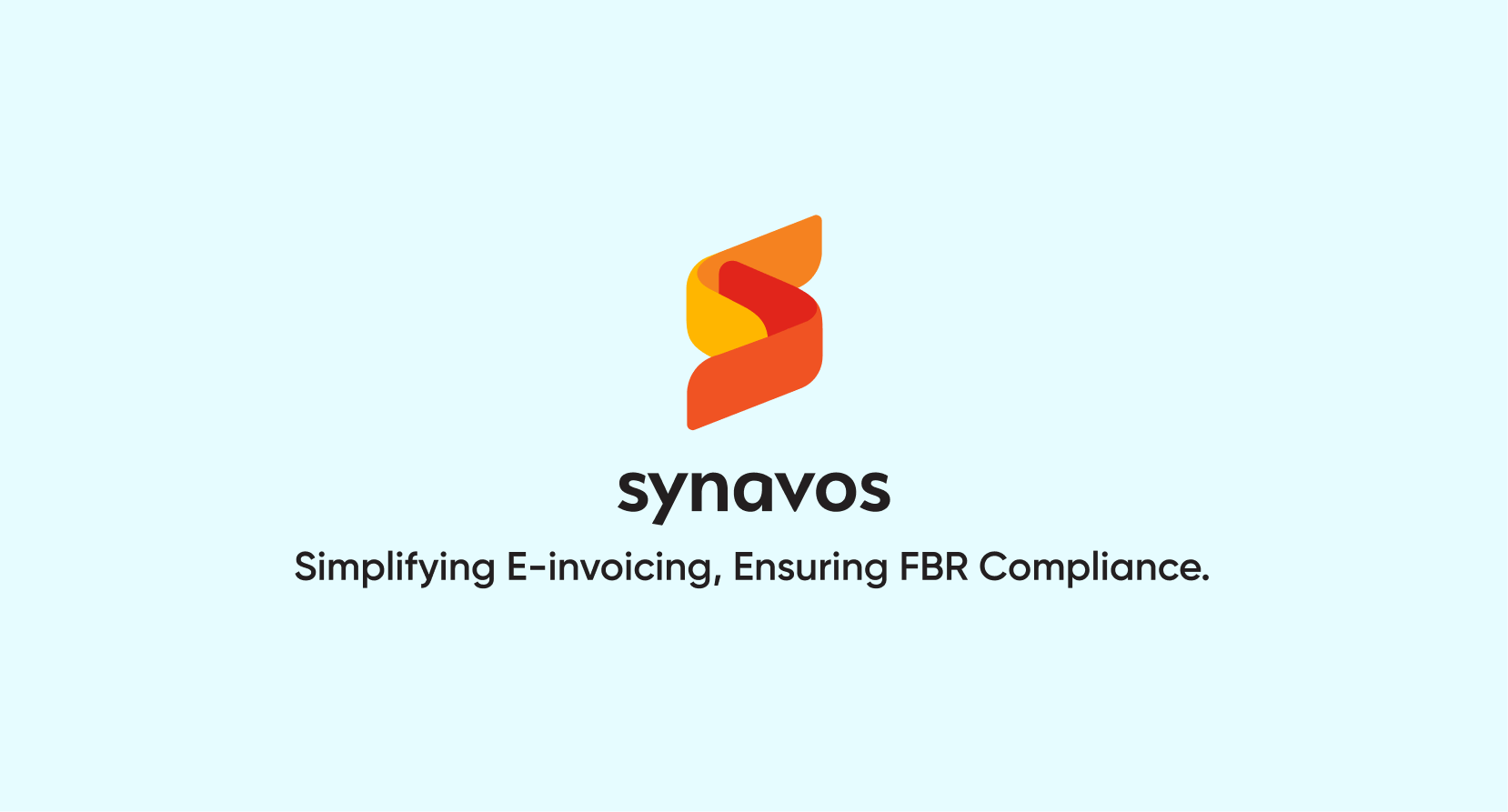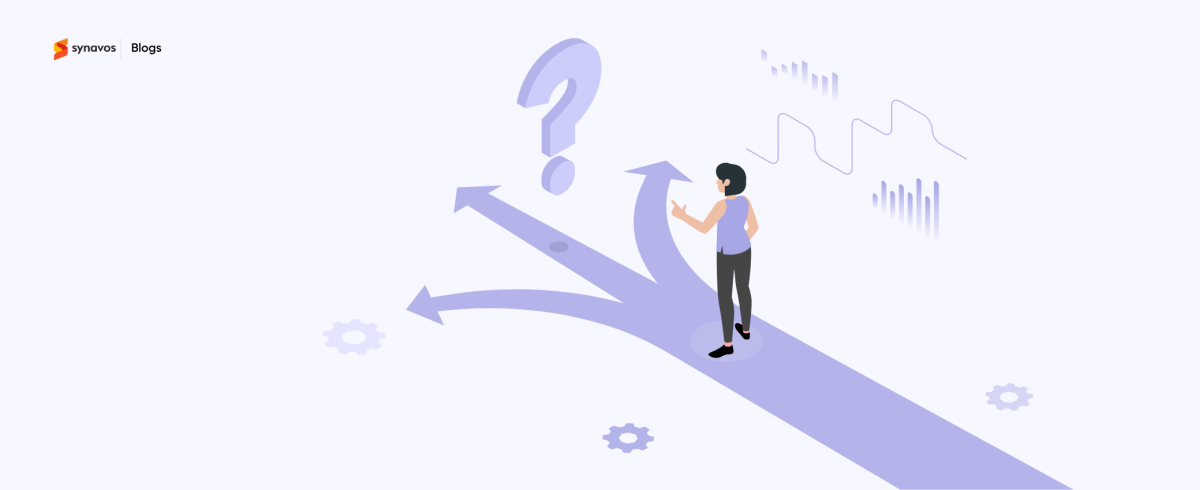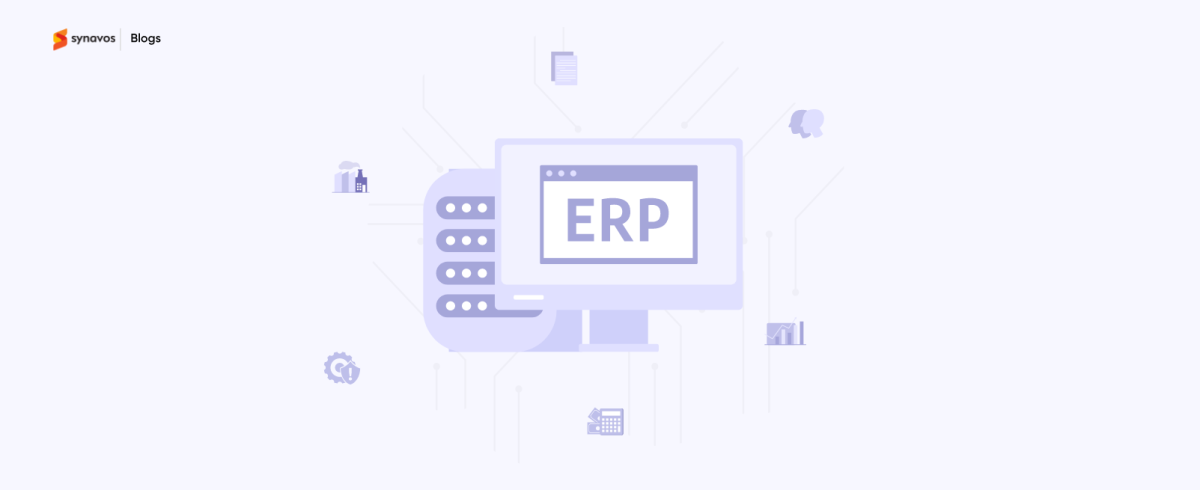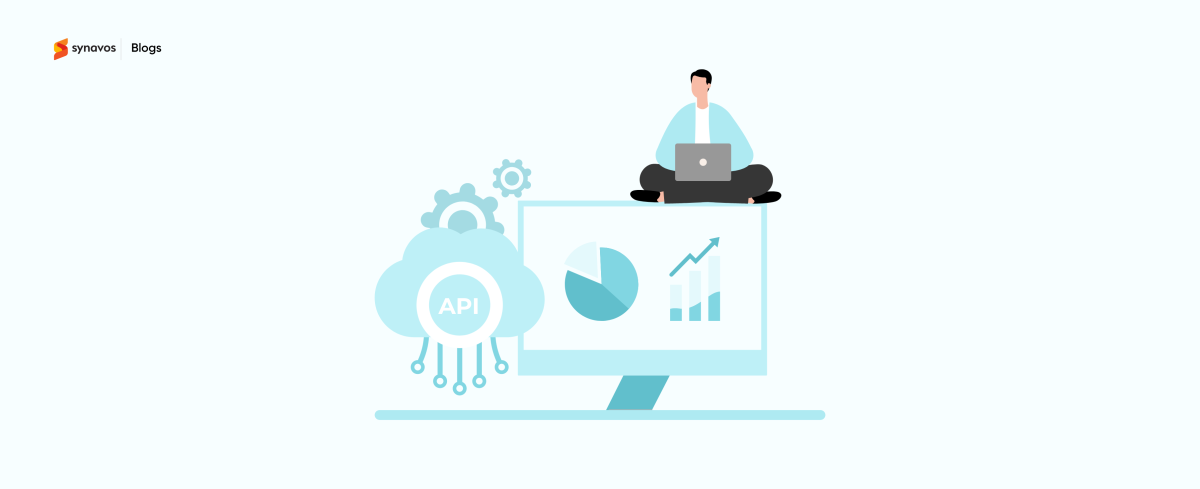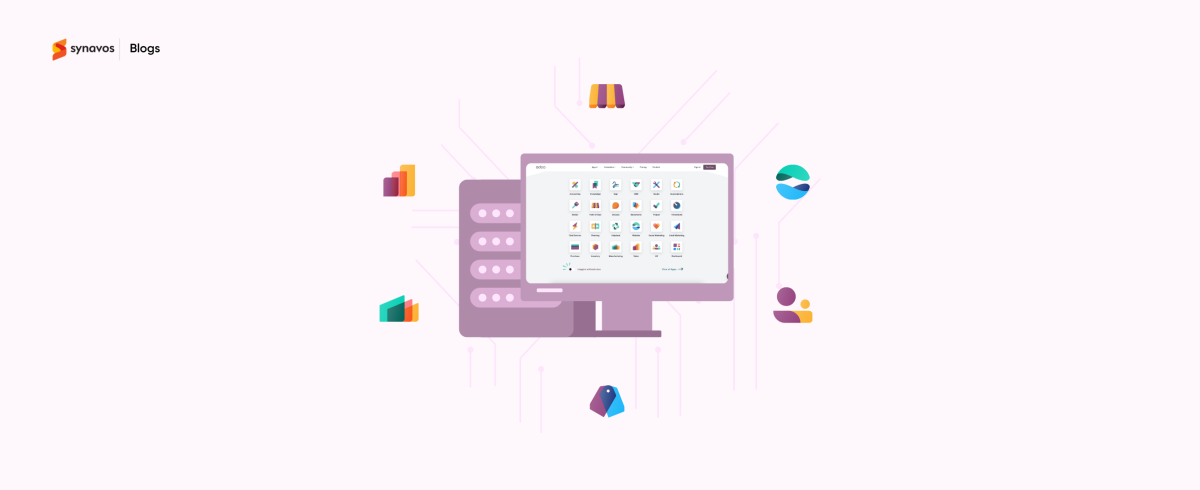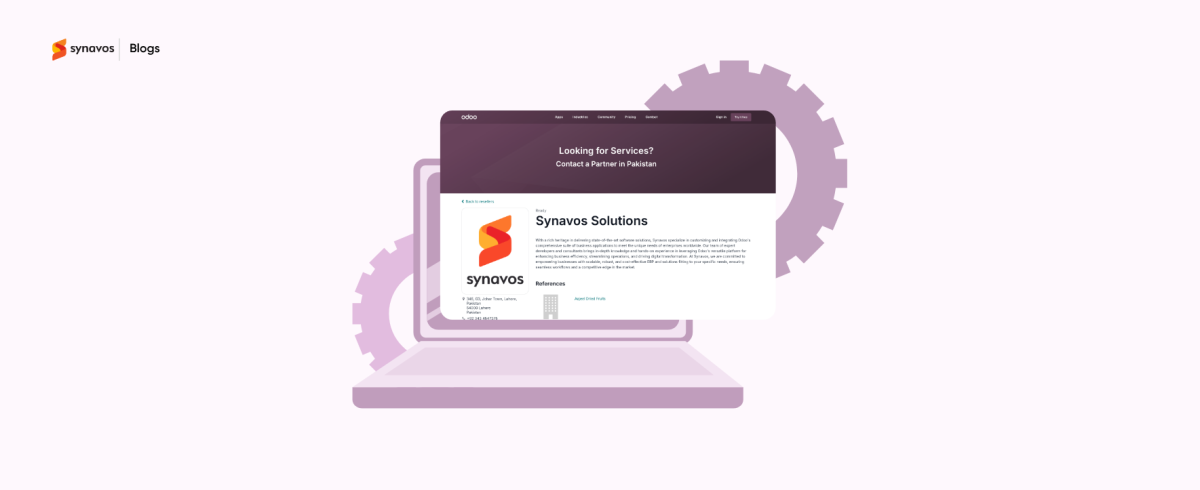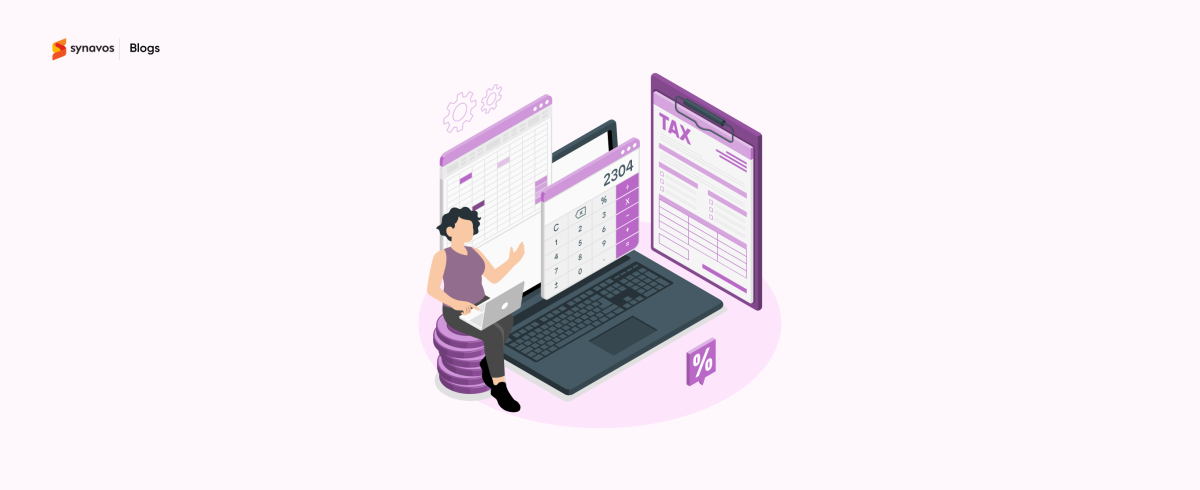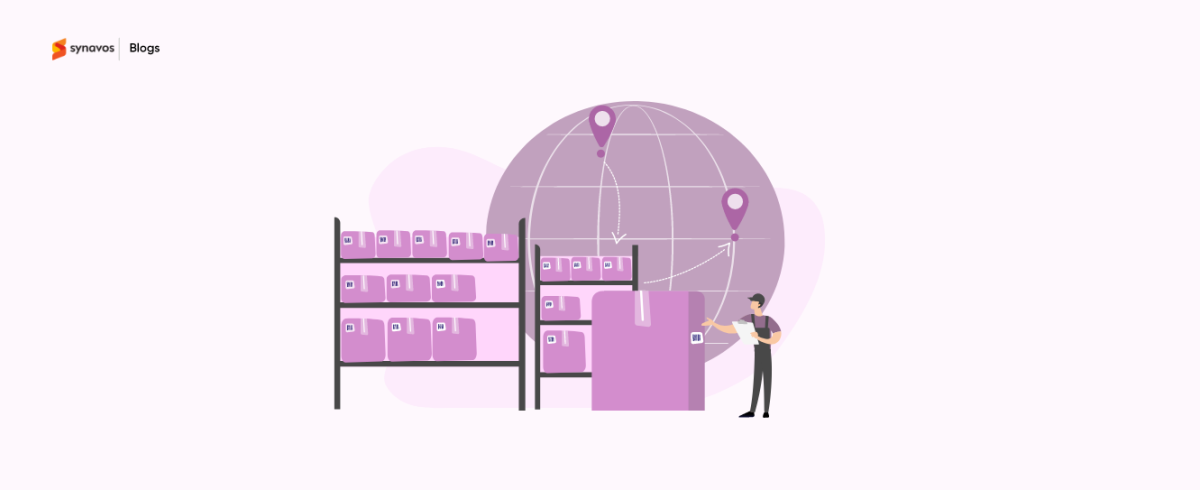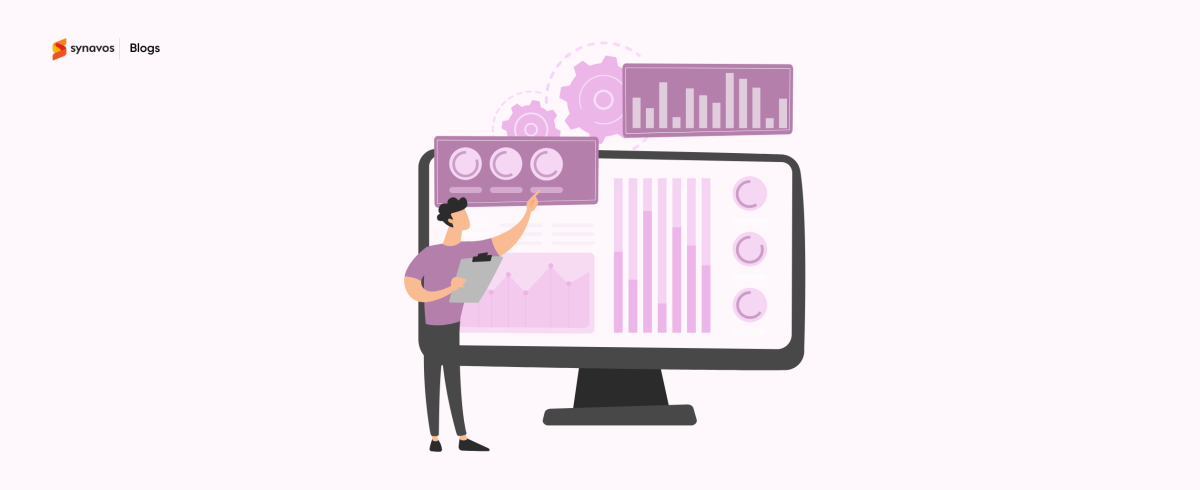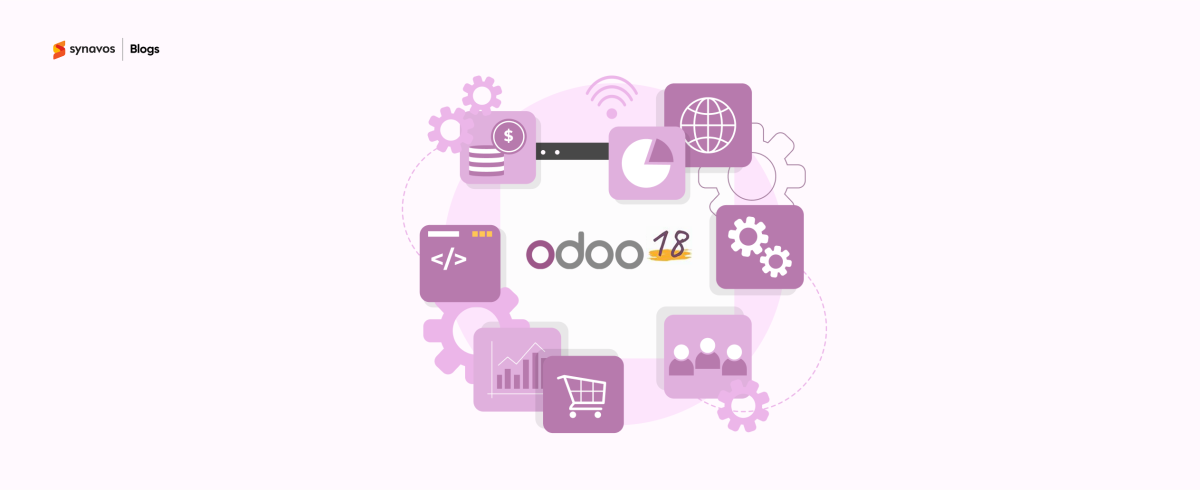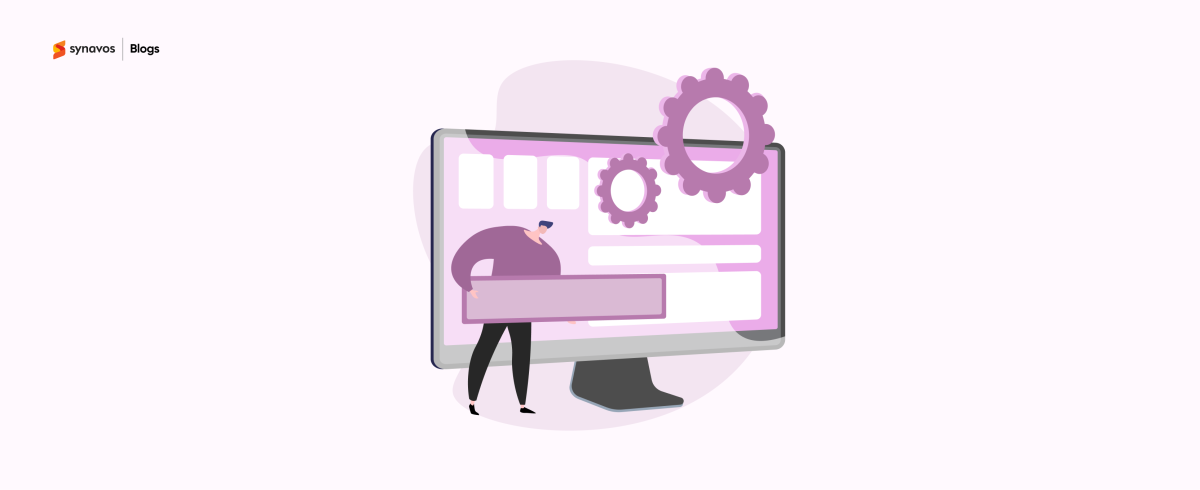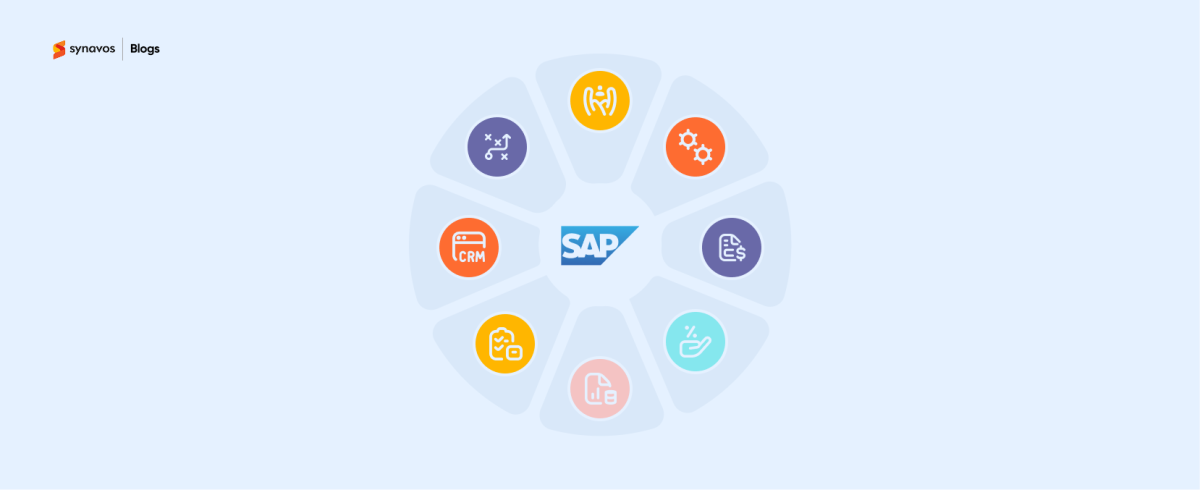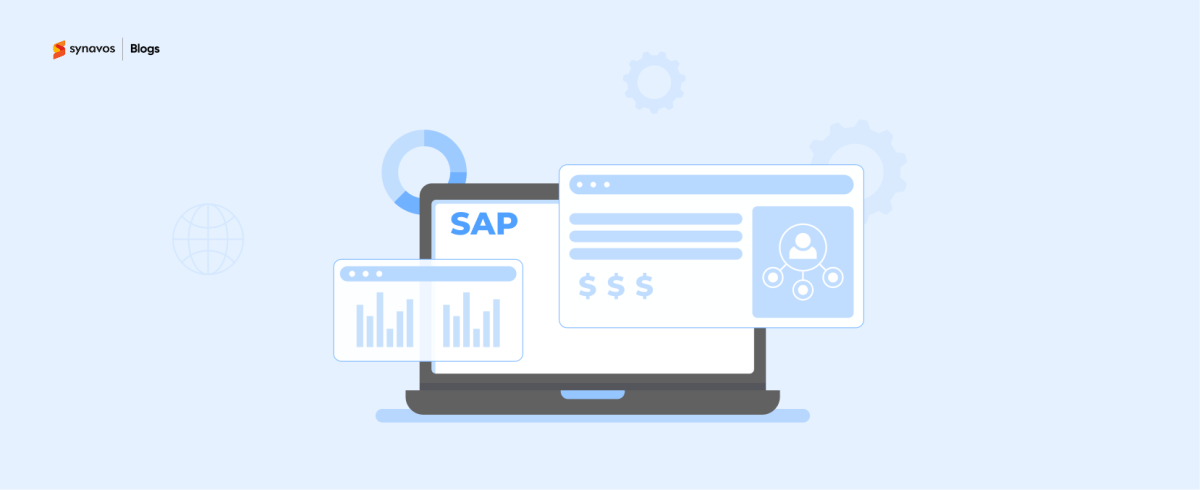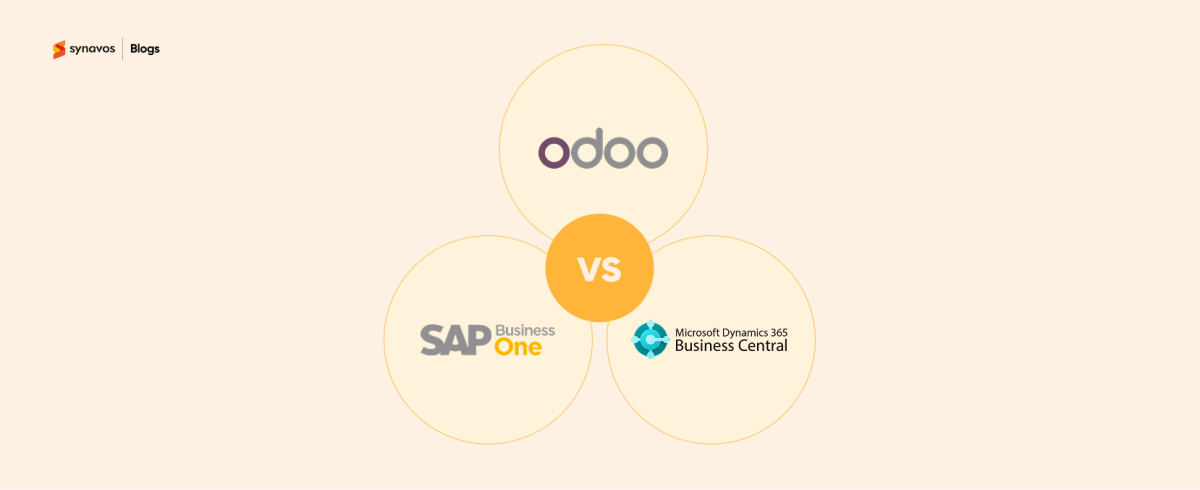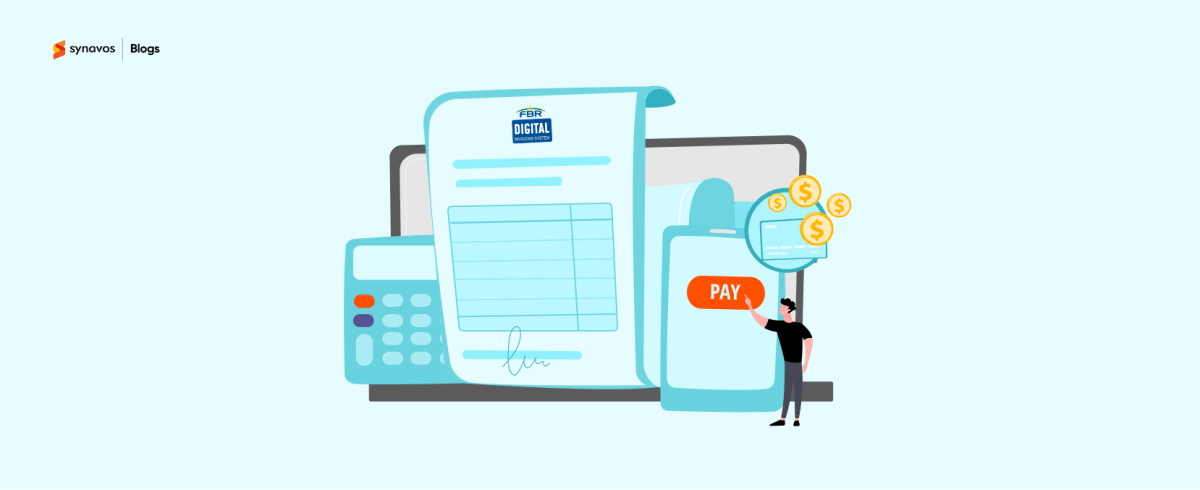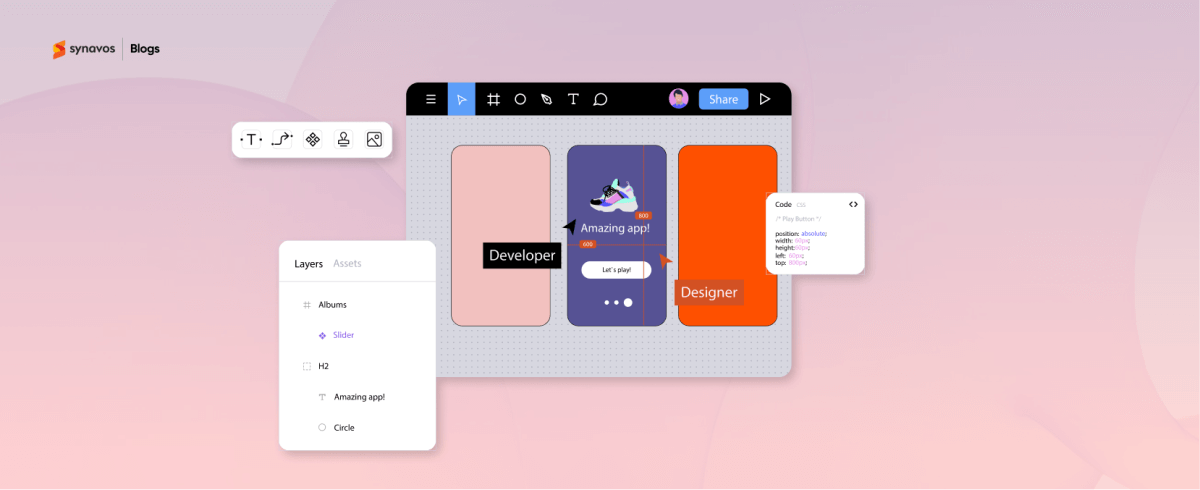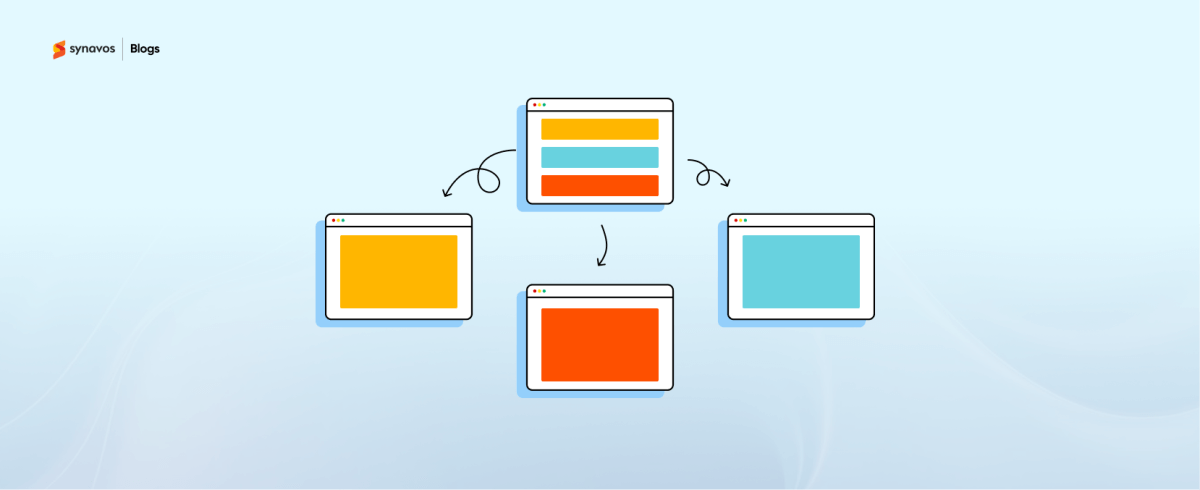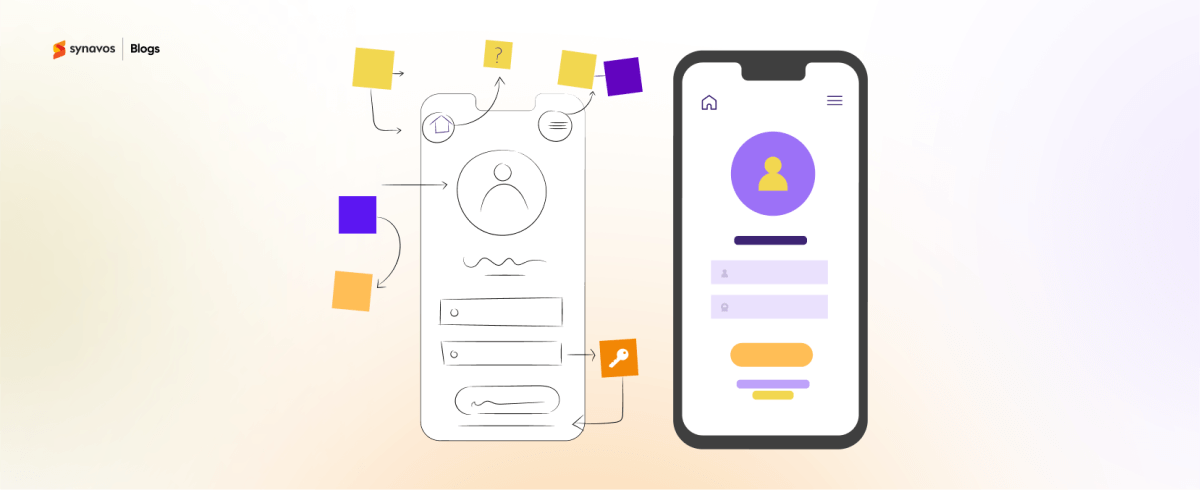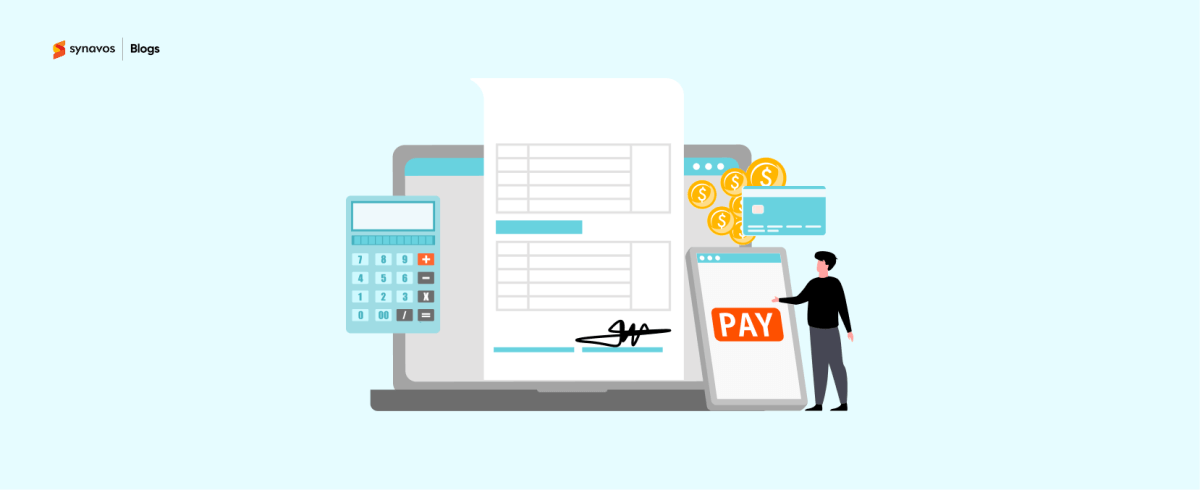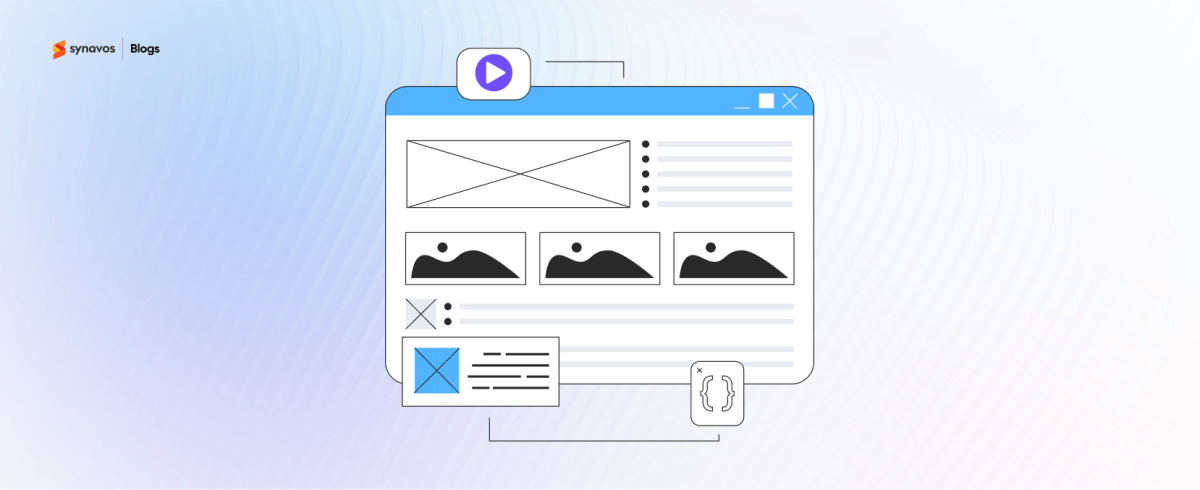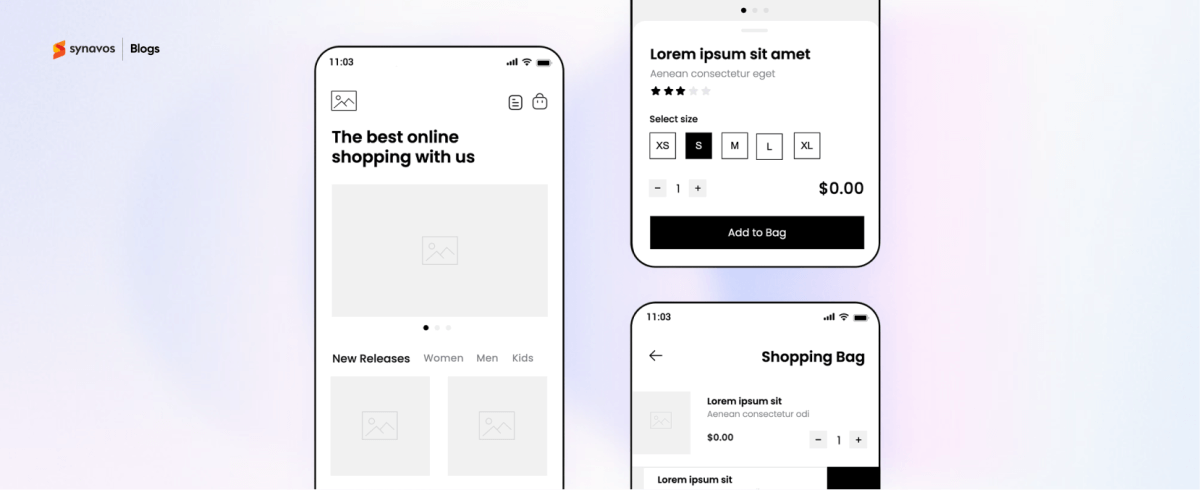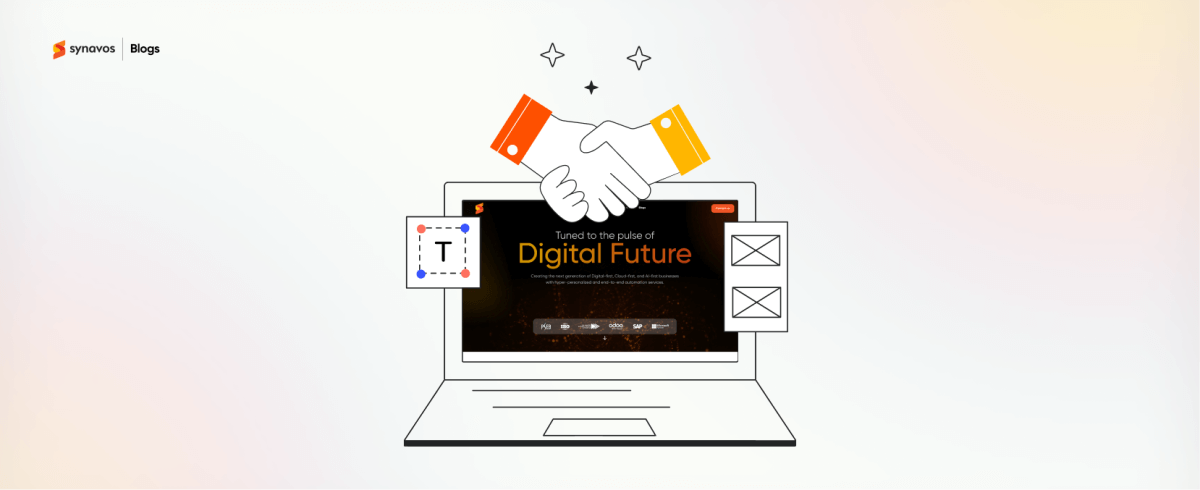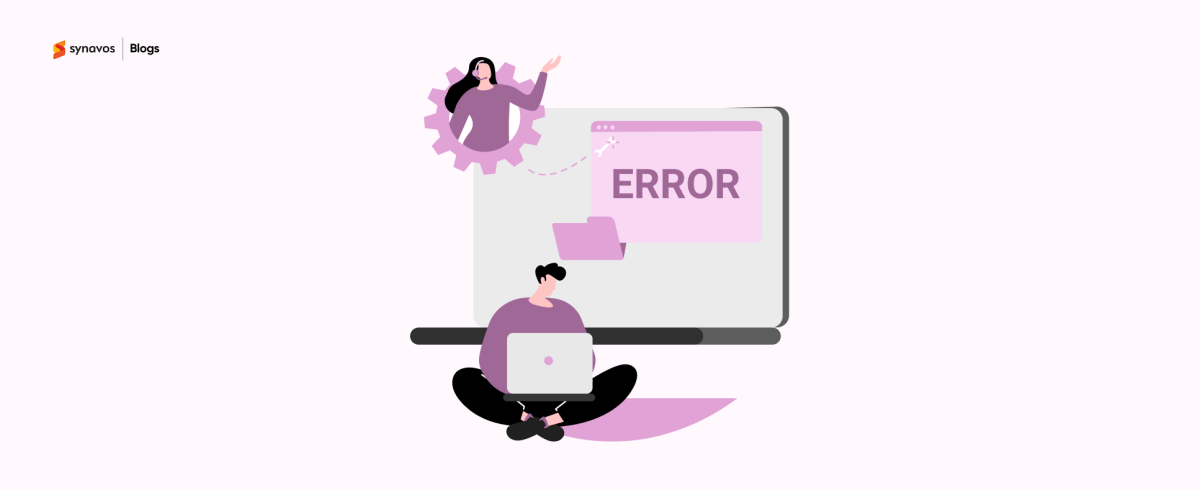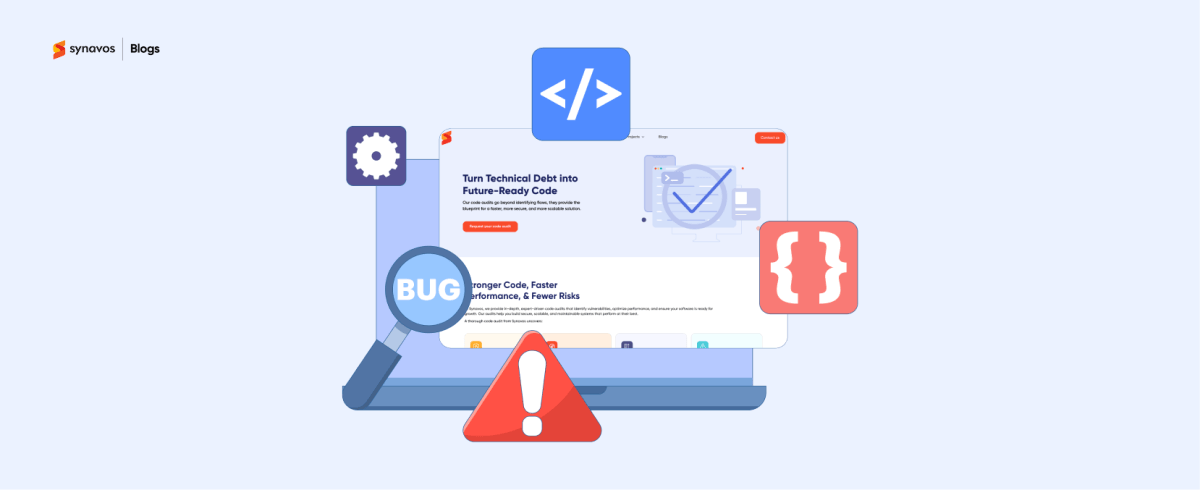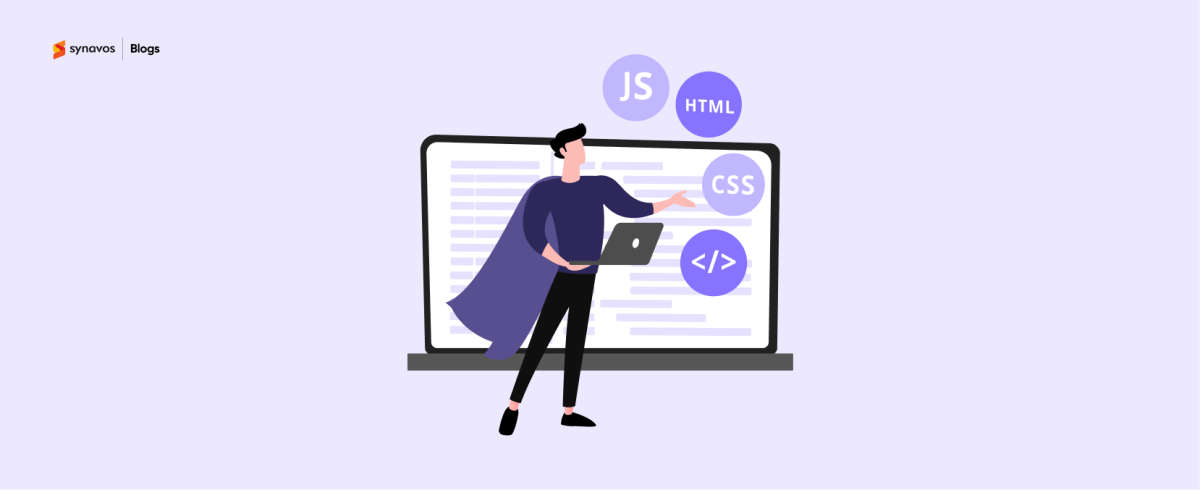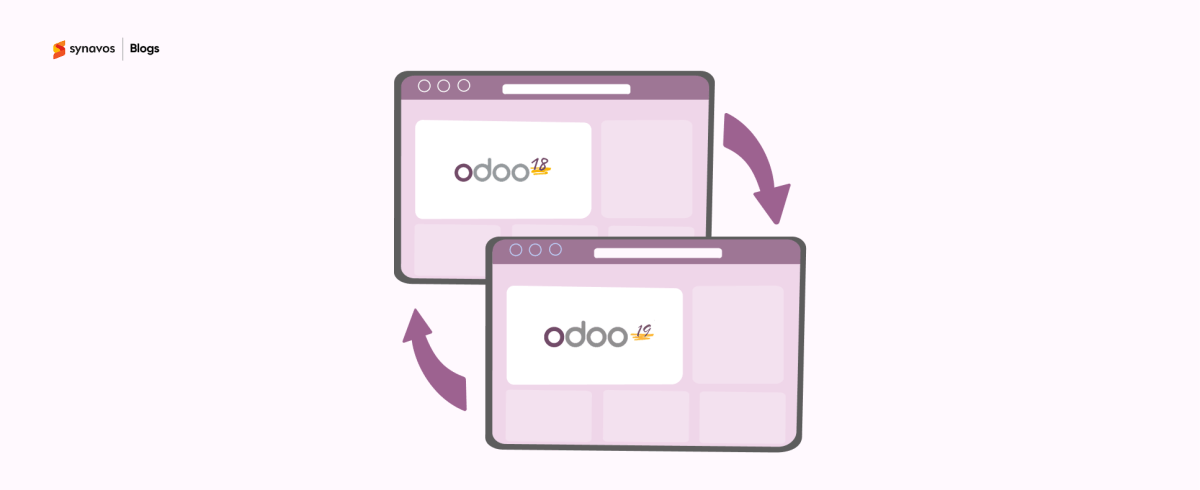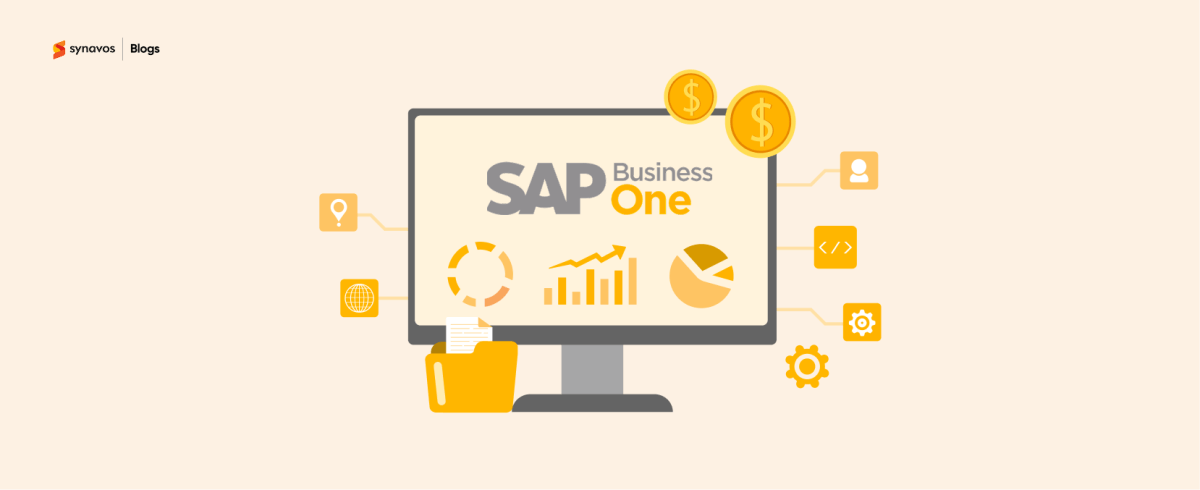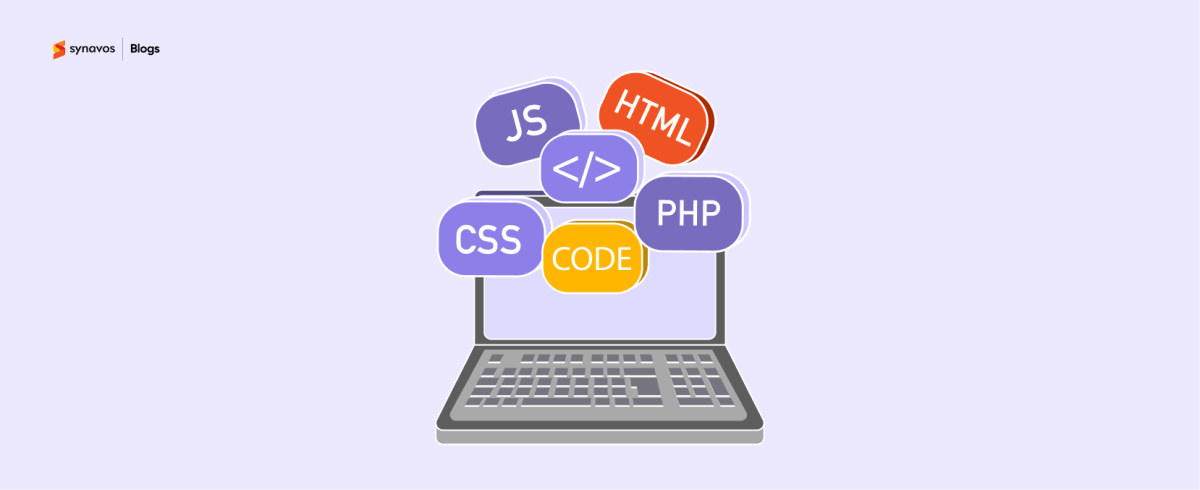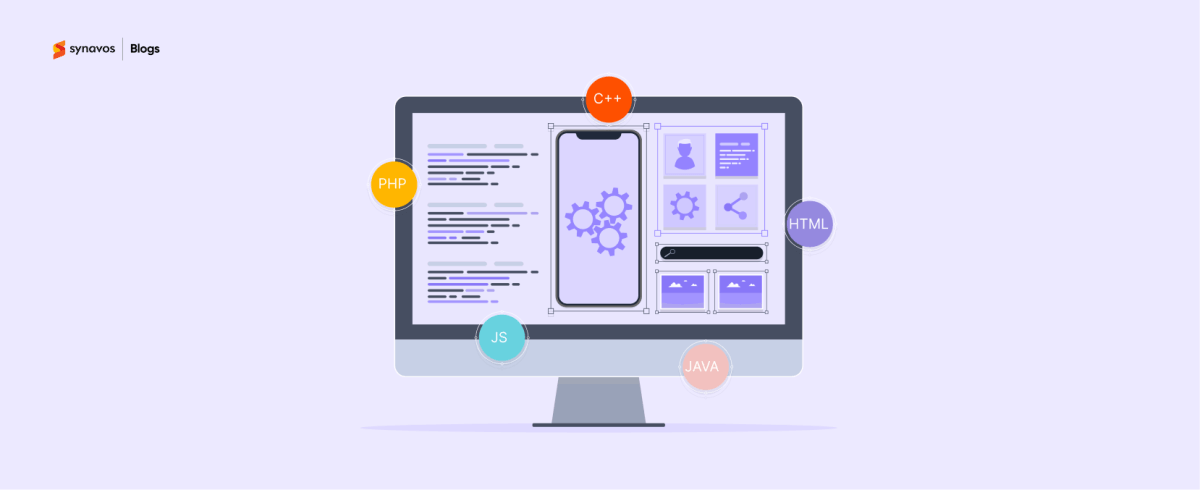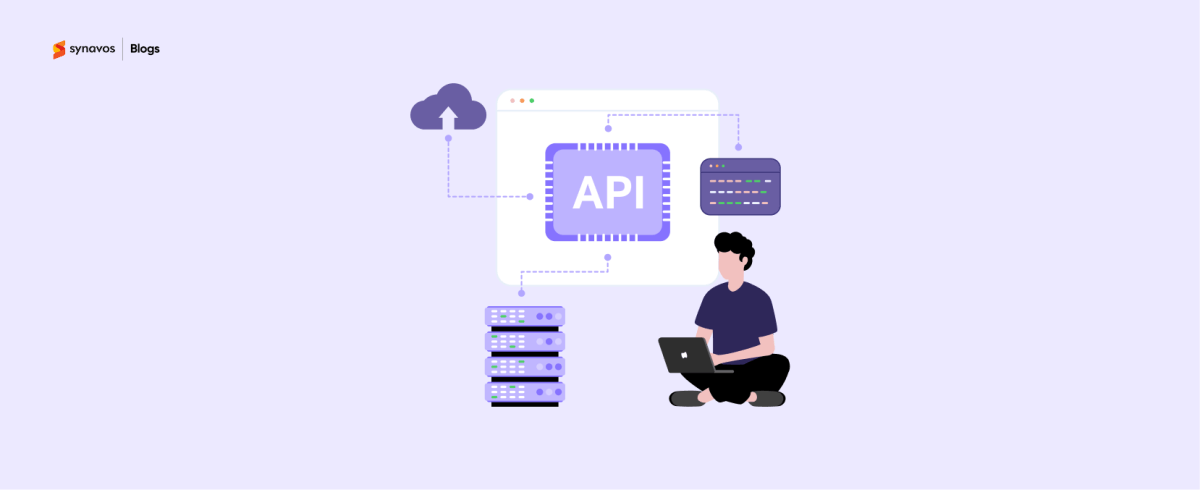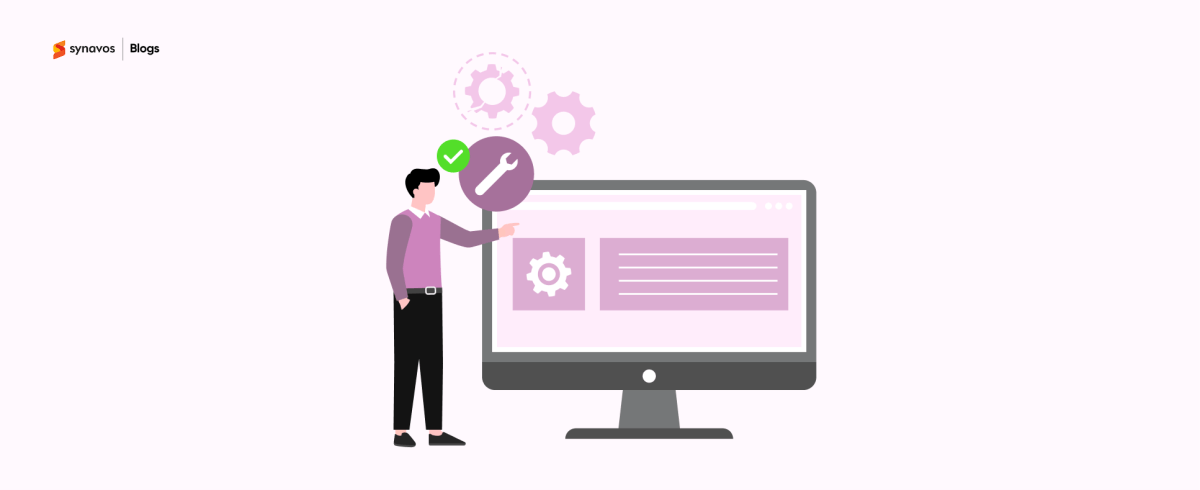Pakistan’s tax system is taking a giant leap forward with the introduction of mandatory digital invoicing. This new system, launched by the Federal Board of Revenue (FBR), aims to enhance tax compliance, reduce fraud, and make business operations smoother across the country. Starting September 1, 2025, certain businesses must link their invoicing systems to FBR’s centralized platform.
But who exactly does the FBR digital invoicing mandate affect? Let's explore the various business categories impacted by this regulation.
1. Public Companies and Large Taxpayers
The first group that needs to comply includes public companies and businesses with annual revenues over PKR 1 billion. These businesses will be among the first to embrace the digital invoicing system. Here’s their timeline:
- Register with FBR: By August 10, 2025
- Complete system testing: By August 25, 2025
- Start e-invoicing: By September 1, 2025
These large companies are at the forefront of this digital transformation. They span across sectors like manufacturing, retail, and services. Their compliance is crucial to the success of the entire nationwide initiative. If they get on board with the system, it sets an example for other businesses to follow.
2. Importers
If your business deals with importing goods into Pakistan, you’re also required to adopt the digital invoicing system. This will ensure that all imports are properly documented and taxed, making it easier to track goods as they move through customs.
Here’s the schedule for importers:
- Register with FBR: By August 10, 2025
- Complete system testing: By August 25, 2025
- Start e-invoicing: By September 1, 2025
This mandate ensures that the taxes on imported goods are correctly applied and helps eliminate any chances of underreporting or fraud.
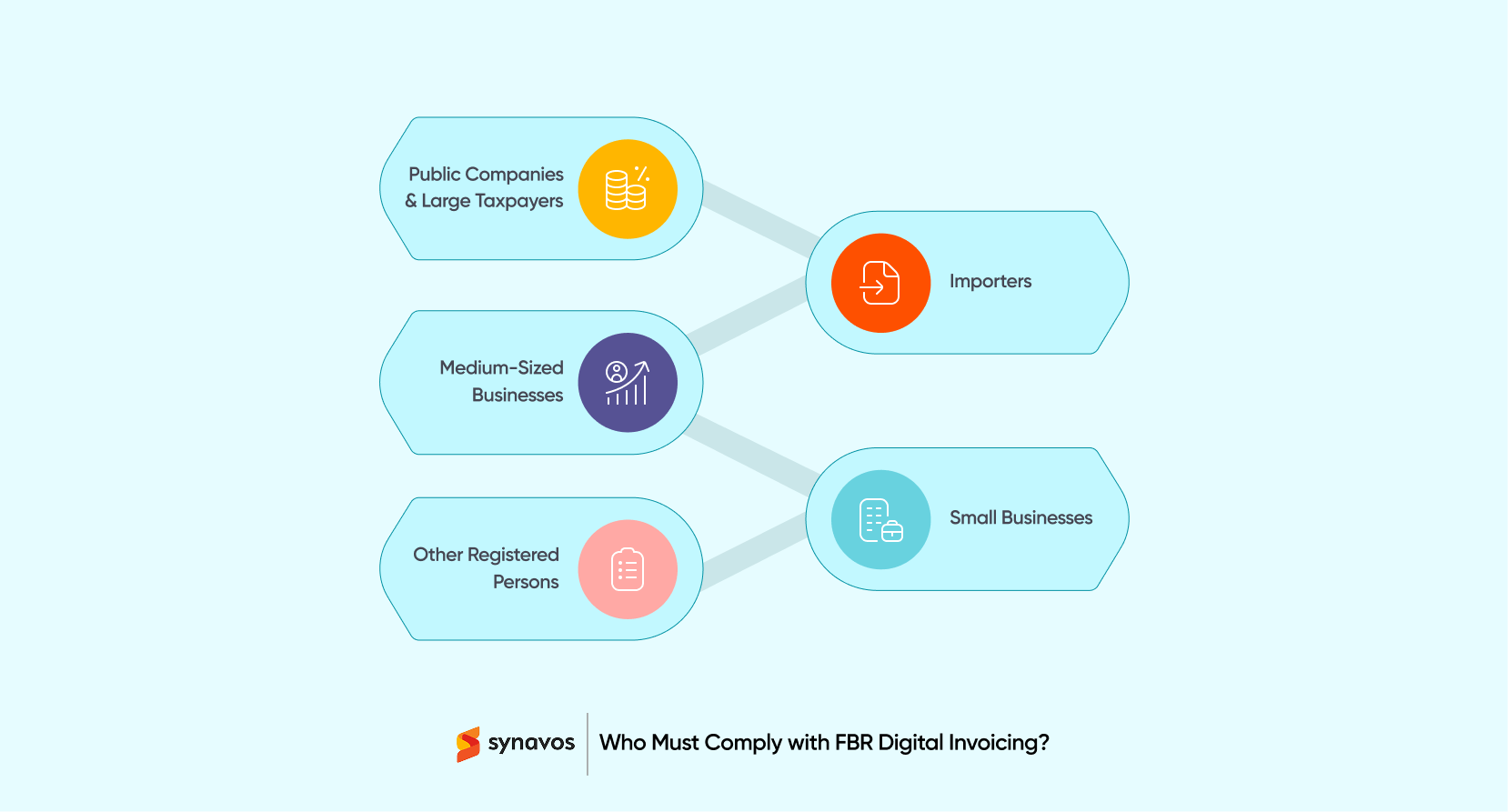
3. Medium-Sized Businesses
Next up are medium-sized businesses (with annual revenue between PKR 100 million and 1 billion), including wholesalers and distributors. These businesses play a vital role in the supply chain, and their inclusion in the digital invoicing system ensures that taxes are properly accounted for across a larger portion of the economy.
Their timeline is as follows:
- Register with FBR: By September 10, 2025
- Complete system testing: By September 30, 2025
- Start e-invoicing: By October 1, 2025
By mandating compliance from this group, the FBR ensures that the system reaches a broader base of businesses and helps cover most of the supply chain.
4. Small Businesses
Small businesses (with annual revenue below PKR 100 million) like local retailers, service providers, and small manufacturers are also included in the mandate. Although they have a slightly extended timeline, they must still follow the requirements to be fully compliant with the system.
Here’s their timeline:
- Register with FBR: By October 10, 2025
- Complete system testing: By October 30, 2025
- Start e-invoicing: By November 1, 2025
Even with a later deadline, compliance is mandatory. A unified tax system works best when everyone is on board, whether big or small.
5. Other Registered Persons
This category includes various other types of businesses, including:
- Associations of Persons (AOPs)
- Sole Proprietors
- Freelancers
- Non-Corporate Entities
Their timeline is as follows:
- Register with FBR: By November 10, 2025
- Complete system testing: By November 30, 2025
- Start e-invoicing: By December 1, 2025
This broad category includes a range of businesses, each contributing to the economy. All businesses, no matter the size or structure, must comply with this new system to ensure it’s effective and transparent.
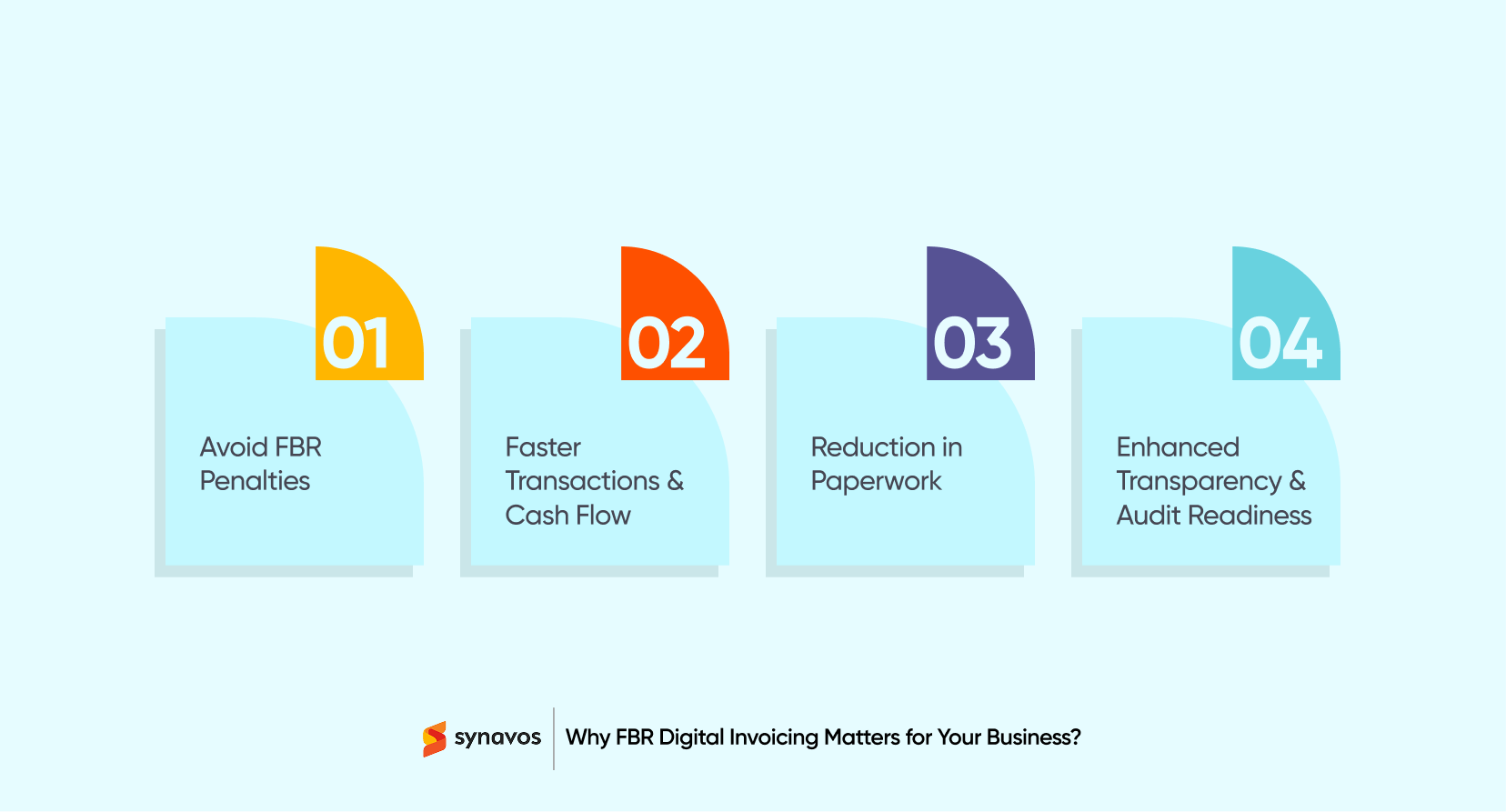
Significance of FBR Digital Invoicing for Businesses
The implementation of the FBR digital invoicing solution may seem like just another regulatory requirement, but it offers several strategic advantages for businesses:
1. Avoid FBR Penalties
Failure to meet FBR’s deadlines could result in significant penalties. By adopting digital invoicing within the required timeframe, businesses can ensure full compliance, thereby avoiding unnecessary fines and legal complications that can disrupt operations.
2. Faster Transactions & Improved Cash Flow
Digital invoicing significantly accelerates the invoicing and payment process. With real-time submission of invoices, businesses can expect quicker processing and faster payments, thereby improving overall cash flow. This allows businesses to operate more efficiently and reinvest in growth opportunities.
3. Reduction in Paperwork
Digital invoicing reduces reliance on paper-based records, automating the creation, transmission, and storage of invoices. This shift not only eliminates the administrative burden of manual invoicing but also ensures more accurate and organized record-keeping, saving time and resources.
4. Enhanced Transparency & Audit Readiness
The automatic recording of every transaction through digital invoicing ensures transparency and provides an easily accessible audit trail. This enhances business integrity, reduces the risk of errors, and ensures that businesses are always prepared for audits, building trust with both tax authorities and clients.
Final Thoughts
The FBR’s digital invoicing mandate is a step toward a modern, efficient, and transparent tax system in Pakistan. However, understanding which business categories are affected and when they need to comply gives you the opportunity to plan ahead. By adhering to the deadlines and making the necessary system upgrades, you can avoid penalties and ensure smooth operations in the future.
How Synavos Can Help
As you navigate the transition to digital invoicing, partnering with a skilled digital invoicing solution provider is essential. At Synavos, we specialize in delivering fully compliant digital invoicing solutions aligned with FBR regulations. Our experienced team ensures the seamless integration of e-invoicing into your ERP systems so your business stays ahead of the digital curve.
Reach out to us today to begin the process and ensure a smooth, efficient transition to FBR’s digital tax framework.
